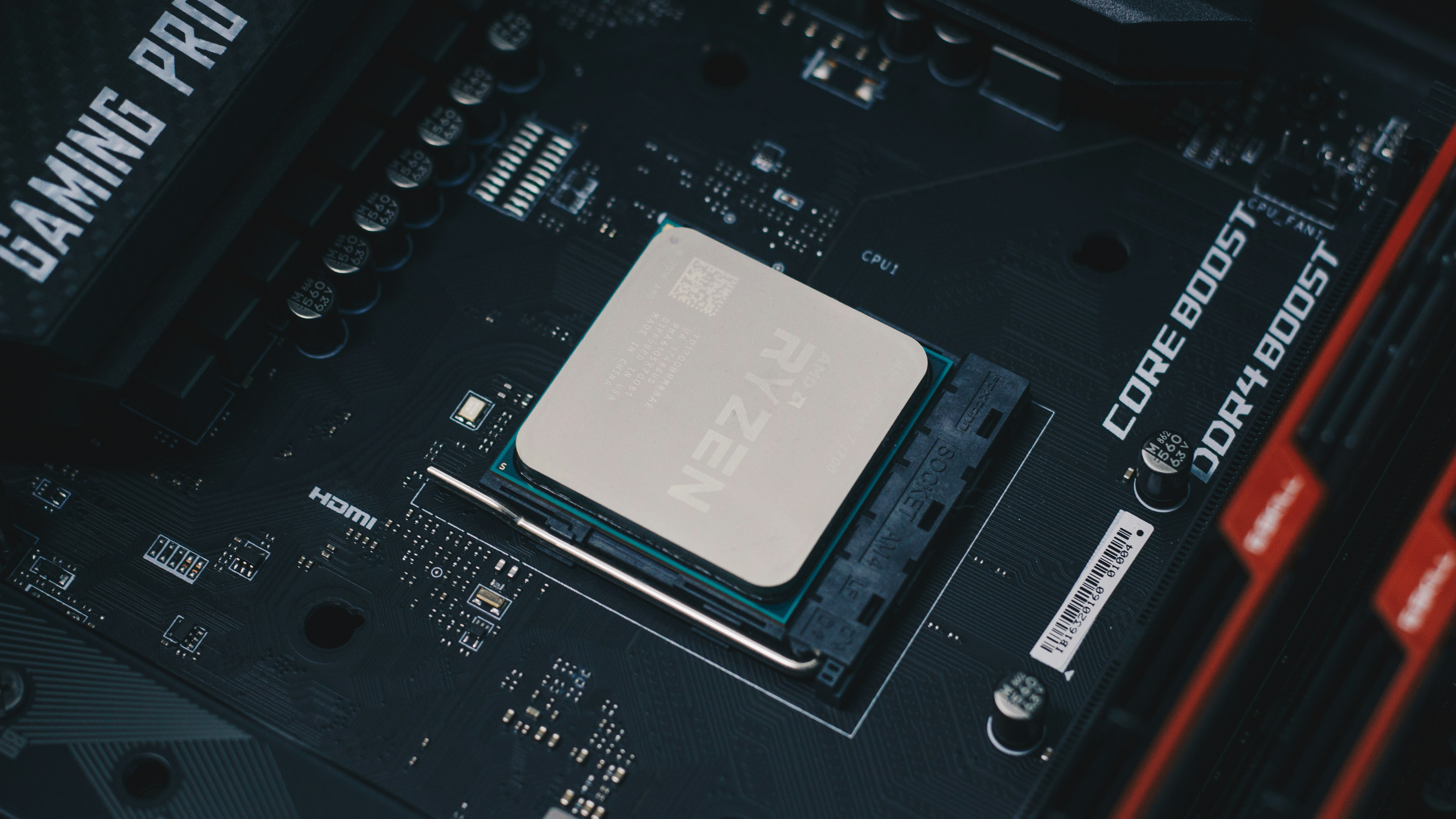
Semiconductor Jobs for Career Switchers in Their 30s, 40s & 50s (UK Reality Check)
Semiconductors sit behind almost everything: smartphones, EVs, medical devices, aerospace systems, telecoms networks, cloud data centres & the AI boom. In the UK, the semiconductor ecosystem spans chip design, IP, photonics, compound semiconductors, testing, packaging, equipment, supply chain & R&D. That breadth creates real opportunities for career switchers in their 30s, 40s & 50s, especially if you target roles where experience, process discipline & delivery skills matter as much as deep device physics. This article gives you a UK reality check: what semiconductor jobs actually look like, which roles are realistic for career switchers, what skills employers value, how long retraining tends to take & whether age is a barrier.










